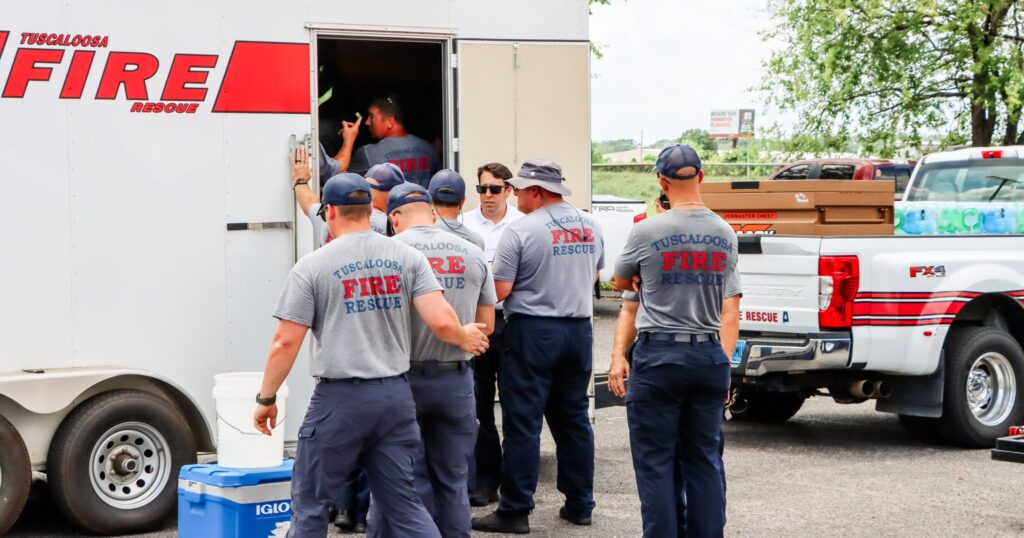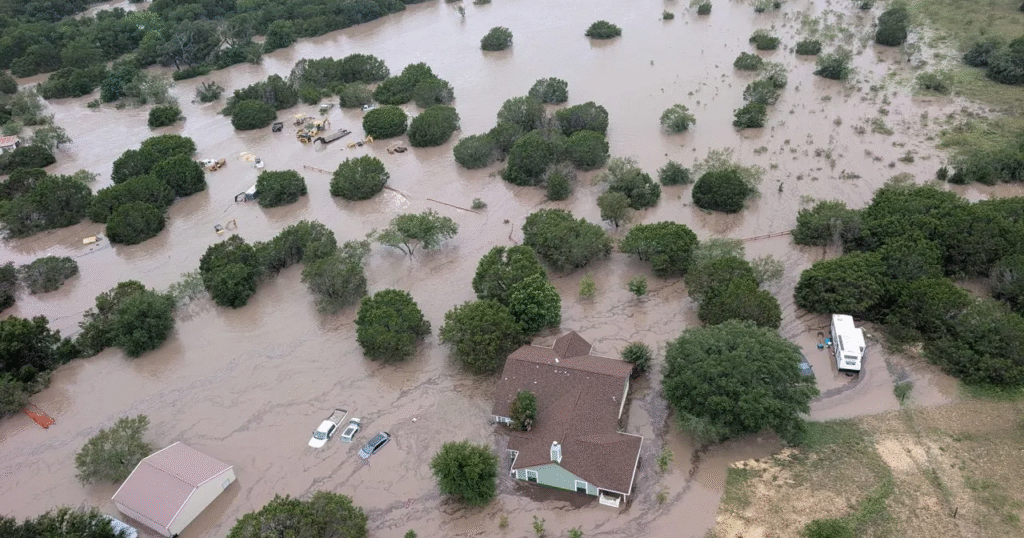Reviewed by: Nathan Watson
Shipwreck in Mobile incorrectly identified as Clotilda
Reading time: 3 minutes

Last week, Mobile residents and history buffs throughout Alabama were abuzz on the news that remnants of the Clotilda—the last known vessel to bring enslaved people from Africa to the United States—had emerged from the waters in the Mobile River.
Mistaken for the Clotilda
Local Africatown descendents and journalism students from Auburn University who thought they witnessed the discovery on a boat tour were subsequently interviewed by Mobile’s Fox 10.
Unfortunately, the ship that was seen was not the Clotilda, but of a World War I steamer called Lake Ellijay. The Alabama Historical Commission, the state agency in charge of protecting and preserving the Clotilda, was able to determine based on the video coverage by the TV station that it was not the Clotilda.
Below is a statement from the Alabama Historical Commission about the mistaken discovery:
The recent news story regarding the Clotilda being seen above water is inaccurate and the wreck visible in the video footage is in fact another historic wreck that the Alabama Historical Commission (AHC) has documented and identified as the Lake Ellijay. The Lake Ellijay is a steel-hulled steamer built in World War I and was left in Mobile for scrapping and can be seen in the video footage shared online.
Under the federal mandate set forth in the Abandoned Shipwrecks Act of 1999, the AHC is charged with the management and guardianship of the maritime archaeological sites abandoned and embedded in Alabama waters, including the Clotilda. With that, the AHC should be the first resource for any questions or information regarding Clotilda and its circumstances.
Mobile’s Fox 10 has since taken down the story off their YouTube site.
Interest in the Clotilda is high

The story of the Clotilda and the Africatown community has received national and international attention. Earlier this year, a museum about Africatown and the Clotilda was opened and 60 Minutes ran a 13 minute feature on the community and events that occurred more than a century and half ago.
Below is the 60 Minutes segment story about the discoveries and community by Anderson Cooper.
One of the best “go to” resources and latest archeological information related to Clotilda is on the Alabama Historical Commission’s website:
Alabama Historical Commission – Celebrate 50 Years of Impact: Our Legacy, Our Future
Want to learn more about the Clotilda’s inspirational story and learn about our state’s history — visit the Alabama Historical Commission website.

 18008 views
18008 views





